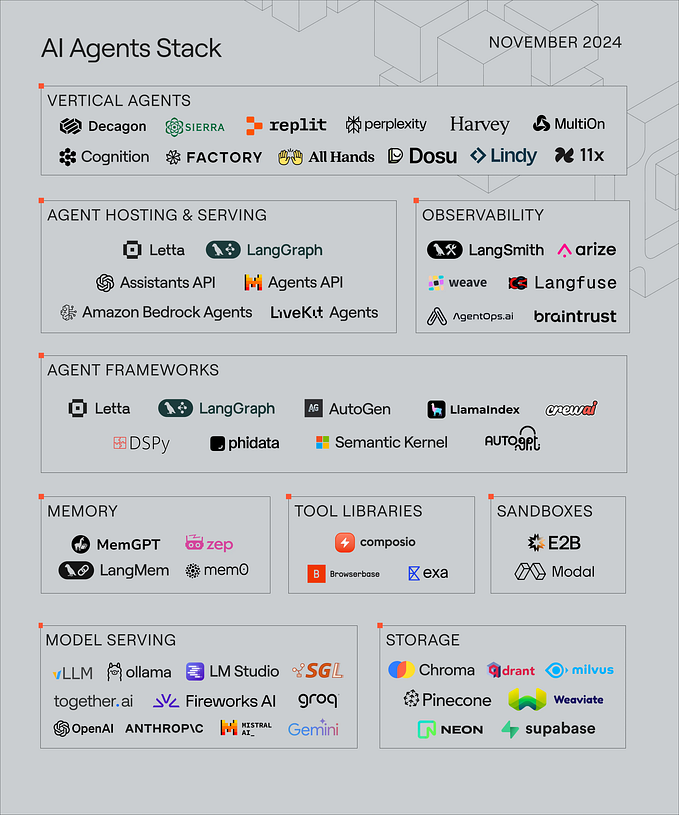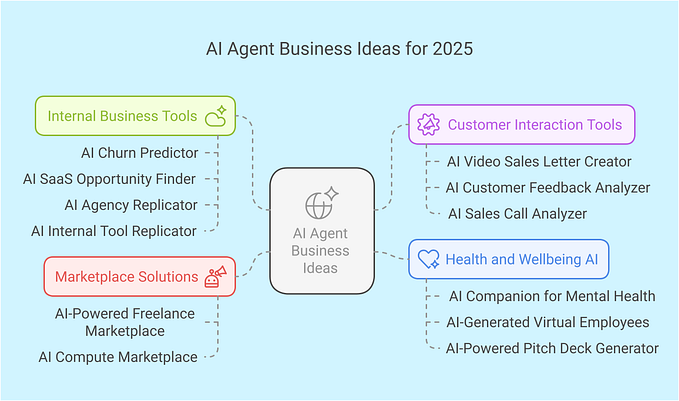Step-by-Step Guide to Building an AI-Powered Travel App

Introduction
In today’s digital age, the travel industry is being revolutionized by artificial intelligence (AI). From personalized recommendations to real-time travel assistance, AI is transforming how people plan and experience their journeys. According to Statista , by 2024, revenue of the travel industry is estimated to reach US$927.30 billion . Building an AI-powered travel app involves integrating advanced technologies that can analyze vast amounts of data, predict user preferences, and provide seamless travel experiences. In this step-by-step guide, we’ll explore the role of AI in the travel industry, the benefits it offers, and the challenges involved in integrating AI into a travel app.
Role of AI in the Travel Industry
Personalization and Recommendations
AI plays a crucial role in personalizing travel experiences. By analyzing user data, such as past trips, preferences, and search history, AI algorithms can recommend destinations, accommodations, and activities tailored to individual preferences. This level of personalization enhances user satisfaction and loyalty.
Chatbots and Virtual Assistants
AI-powered chatbots and virtual assistants provide 24/7 customer support, answering queries, assisting with bookings, and offering travel advice. These virtual agents use natural language processing (NLP) to understand and respond to user inquiries, making travel planning more convenient and efficient.
Predictive Analytics
AI can predict travel trends, demand fluctuations, and pricing patterns by analyzing historical data. This helps travel companies optimize pricing strategies, manage inventory, and offer competitive deals. Predictive analytics also aid travelers in making informed decisions about the best times to book flights or hotels.
Fraud Detection
AI enhances security in the travel industry by detecting and preventing fraudulent activities. Machine learning algorithms analyze transaction patterns and identify anomalies, reducing the risk of fraud and ensuring a secure booking process for users.
Image Recognition
AI-driven image recognition technology allows travelers to identify landmarks, translate signs, and even find similar travel experiences by uploading photos. This technology enhances the overall travel experience by providing valuable information and insights on the go.
Augmented Reality (AR) in Travel
AR in travel industry can significantly enhance the travel experience by providing interactive and immersive content. Travelers can use AR for virtual tours, navigation, and exploring points of interest in a more engaging way. This technology can make travel apps more appealing and useful for users.
Benefits of AI in the Travel Industry
Enhanced Customer Experience
AI-powered travel apps offer personalized recommendations, real-time assistance, and seamless booking experiences, resulting in higher customer satisfaction. Tailored suggestions based on individual preferences make users feel valued and understood.
Increased Efficiency
Automating repetitive tasks, such as booking confirmations, itinerary updates, and customer support, allows travel companies to operate more efficiently. AI-driven automation reduces human errors and frees up resources for more strategic tasks.
Cost Savings
AI helps travel companies optimize pricing strategies, manage resources effectively, and reduce operational costs. Predictive analytics enable better demand forecasting, leading to improved inventory management and cost savings.
Improved Decision-Making
AI provides valuable insights through data analysis, helping travel companies make informed decisions about marketing, pricing, and customer engagement. Access to real-time data allows businesses to respond quickly to market changes and customer needs.
Competitive Advantage
Adopting AI technology gives travel companies a competitive edge by offering innovative features and superior customer experiences. Staying ahead of technological advancements ensures a strong market position and attracts tech-savvy travelers.
Challenges in Integrating AI into a Travel App
Data Privacy and Security
Integrating AI into a travel app requires handling vast amounts of user data. Ensuring data privacy and security is paramount to gain user trust. Travel companies must comply with data protection regulations and implement robust security measures to protect sensitive information.
High Implementation Costs
Developing and integrating AI technology can be expensive. Small and medium-sized travel companies may face budget constraints, making it challenging to invest in AI solutions. Balancing the cost of implementation with potential benefits is crucial for a successful AI integration.
Technical Expertise
Building an AI-powered travel app requires specialized technical skills in machine learning, data analysis, and software development. Travel companies may need to hire dedicated development teams with expertise in AI technologies, which can be time-consuming and costly.
Integration with Existing Systems
Integrating AI solutions with existing travel platforms and systems can be complex. Ensuring seamless compatibility and data flow between new AI technologies and legacy systems requires careful planning and execution.
User Adoption and Trust
Convincing users to adopt AI-powered features and trust automated recommendations can be challenging. Travelers may be skeptical about sharing personal data and relying on AI for important travel decisions. Building user trust through transparent communication and reliable performance is essential.
Step-by-Step Guide to Building an AI-Powered Travel App
1. Define Your Objectives
Start by clearly defining the objectives of your AI-powered travel app. Identify the specific problems you aim to solve and the features you want to offer. Understanding your goals will guide the development process and ensure a focused approach.
2. Conduct Market Research
Conduct thorough market research to understand the needs and preferences of your target audience. Analyze competitors’ apps to identify gaps and opportunities. Gathering insights from potential users will help you design a user-centric app.
3. Choose the Right AI Technologies
Select the AI technologies that align with your app’s objectives. Consider machine learning algorithms for personalization, NLP for chatbots, and predictive analytics for trend forecasting. Evaluate different AI tools and platforms to find the best fit for your needs.
4. Gather and Prepare Data
Collect relevant data to train your AI models. This includes user data, travel trends, pricing information, and historical booking patterns. Ensure data quality and accuracy by cleaning and preprocessing the data before feeding it into your AI algorithms.
5. Develop Core Features
Develop the core features of your travel app, focusing on AI-driven functionalities. This may include personalized recommendations, chatbot support, real-time updates, and fraud detection. Ensure a seamless user experience by integrating these features smoothly into the app interface.
6. Test and Optimize
Thoroughly test your AI-powered travel app to identify and fix any bugs or issues. Conduct user testing to gather feedback and make necessary improvements. Continuously optimize the app based on user behavior and feedback to enhance performance and user satisfaction.
7. Ensure Data Privacy and Security
Implement robust data privacy and security measures to protect user information. Comply with relevant data protection regulations and use encryption techniques to safeguard sensitive data. Communicate your privacy policies clearly to build user trust.
8. Launch and Market Your App
Once your AI-powered travel app is ready, launch it on relevant platforms such as the App Store and Google Play. Develop a marketing strategy to promote your app and attract users. Utilize social media, influencer partnerships, and targeted advertising to reach your target audience.
9. Monitor and Improve
After the launch, continuously monitor the performance of your app. Analyze user data and feedback to identify areas for improvement. Regularly update the app with new features and enhancements to keep users engaged and satisfied.
Conclusion
Building an AI-powered travel app offers immense potential to revolutionize the travel industry. By leveraging AI technologies, travel companies can provide personalized experiences, enhance customer satisfaction, and gain a competitive edge. However, integrating AI into a travel app comes with its own set of challenges, including data privacy concerns, high implementation costs, and technical expertise requirements.
By following a step-by-step approach and prioritizing user needs, travel companies can successfully develop and launch AI-powered travel apps that transform the way people travel. Embrace the power of AI and embark on a journey to create innovative travel solutions that cater to the evolving demands of modern travelers.










